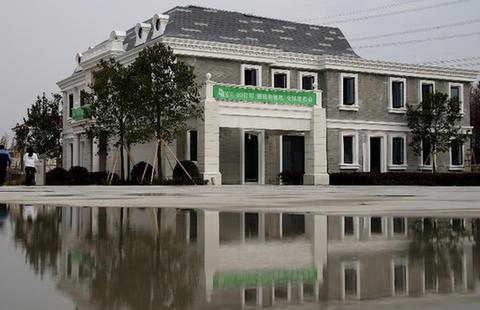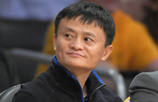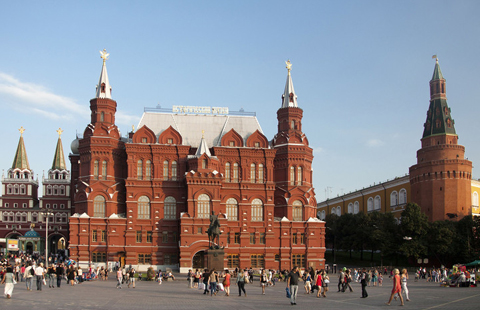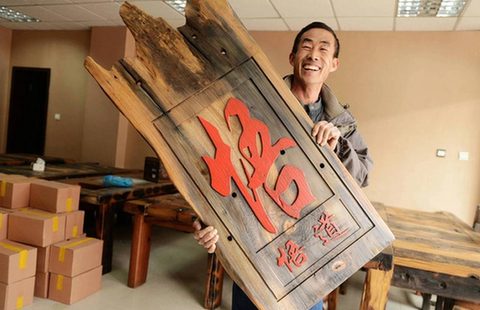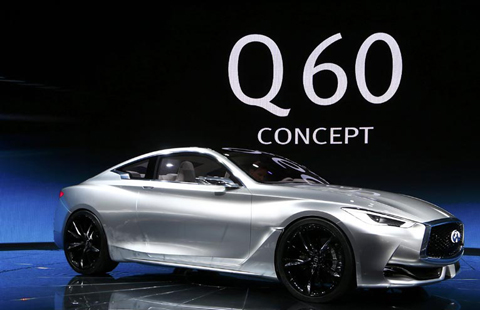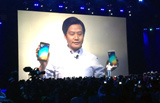Sino-Europe economic relationship 'has great potential'
By ANDREW MOODY (China Daily) Updated: 2015-01-19 13:56"It goes back a very long way to the 1970s and being fascinated by Communist systems in general. I think it is politically the most interesting place on Earth. You have this extraordinary combination of this rich and different civilization mixed with an emerging superpower.
"You also still have a recognizably Leninist party state but at the same time you have an economic system and a society that is very different. It is a great historical experiment."
Garton Ash, who spends three months every year at Stanford University in California, where he is senior fellow at the Hoover Institution, says there is a very different view about China in the US than in Europe.
"There isn't this sense of great hard-power rivalry in Europe. The mood music is completely different. You have an angry and resentful public opinion about China in the United States. It is also seen as a major strategic competitor and it is not in Europe."
The academic and author, the son of John Garton Ash who won the Military Cross after being among the first troops in the D-Day landings and who died last year at 95, was born in Wimbledon in London.
He attended top UK public school Sherbourne and went on to take a first class honors degree at Exeter College, Oxford.
He has since combined academic life with that of the journalist, being foreign editor of the Spectator in the 1980s. He was awarded the prestigious George Orwell prize in 2007 and still writes for The Guardian.
Garton Ash, who is also well-known for his regular TV appearances as a pundit on international affairs, says it will be interesting how the China-US relationship will be handled by whoever becomes president after next year's election.
"I think Hillary Clinton, for one, has thought long and hard about China and how to manage the relationship. The biggest problem is that there is always this emotional reaction in Congress, the media and with public opinion that political leaders have to respond to."
With the possibility of Jeb Bush seeking the Republican nomination, he believes it is no longer clear that Clinton will win, even if she stands.
"I think if he manages to appeal to the centrist and Hispanic voters then a 68-year-old Hillary Clinton would have a real contest on her hands and I certainly wouldn't call it for her now."
Garton Ash argues the US now needs to take some clear steps to build a workable relationship with China to avoid any risk of future conflict.
"They need to say that we recognize you as a superpower and that we actively want you to be a partner in the world order despite the difference in our political systems, which is not to minimize these or pretend they don't exist," he says.
"At the same time there needs to be some absolute red lines and non-negotiables, particularly in relation to issues in the South China Sea, so there is absolute clarity and no possibility of misunderstanding or miscalculations that led Europe to stumble into a war 100 years ago."
- Chinese stocks plummet on margin trading suspension
- Alibaba's latest mobile messaging effort to win US business
- China-ROK FTA to enhance market connectivity
- South Africa expects China to help it move up the value chain
- Smart money should be invested in emerging markets
- AP, NY Times and others to test drone journalism
- Xiaomi has to tackle Huawei first before taking on Samsung
- Lock-up shares worth 71b yuan eligible for trade

